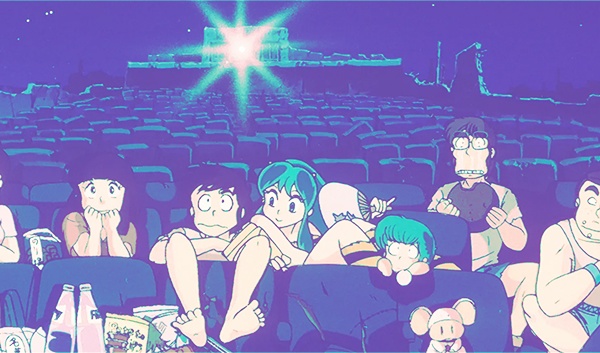Hugh Grant is “miserable” due to the closure of his local movie theater.
The actor lamented Cineworld’s decision to close a quarter of its cinemas in the U.K., including his own Fulham Rd outpost.
“Fulham Rd cinema closing after 94 years. Strangely unbearable,” Grant posted on X. “Let’s all sit at home and watch ‘content’ on ‘streaming.’ While scrolling. Miserable face emoji.”
Actor Michael Warburton commented on Grant’s post, writing, “Part of my Cinema-going history for sure and therefore damnably sad & infuriating in equal measure. Once these palaces are gone they don’t come back people!”
Of course, Grant isn’t entirely removed from the shift in entertainment industry business models, as his recent film “Unfrosted” debuted solely on Netflix. His additional roles in “Wonka” and the upcoming horror film “Heretic” both have theatrical releases. Grant is also reprising his beloved role in the latest “Bridget Jones” franchise installment, “Mad About the Boy,” which will be released in 2025.
Grant’s two-time former co-star Emma Thompson, with whom he acted alongside in both “Sense and Sensibility” and “Love Actually,” previously slammed the idea of referring to films as “content.”
“To hear people talk about ‘content’ makes me feel like the stuffing inside a sofa cushion. ‘Content,’ what do you mean ‘content’? It’s just rude, actually. It’s just a rude word for creative people,” Thompson said while in conversation with head of CAA Bryan Lourd at the Royal Television Society conference (via Variety). “These [streaming algorithm] formulas don’t work. And then you sit there and you watch them and you wonder why, at the end of it, you feel a bit ill. And I think that’s something else that we don’t talk about as creators in television and in film. How does it make us feel inside ourselves after we’ve seen something?”
She continued, “I know there are students in the audience: you don’t want to hear your stories described as ‘content’ or your acting or your producing described as ‘content.’ That’s just like coffee grounds in the sink or something. It’s, I think, a very misleading word. And I think it’s one of the things that maybe the language around the way in which we speak to one another, and the way in which the executives speak to creatives, the way in which we have to understand one another and combine better.”







